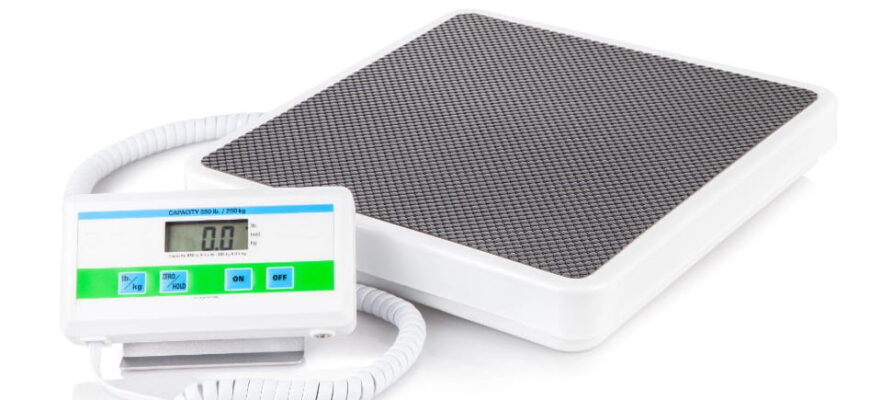When it comes to providing quality healthcare, accurate patient data is crucial. One of the most essential pieces of information healthcare professionals need is a patient’s weight. This is where patient scales in medical equipment come into play.
Patient scales are a vital tool in medical settings, allowing healthcare professionals to accurately measure a patient’s weight, which is essential for diagnosing and treating various medical conditions.
This post will delve into the different types of patient scales used in medical settings, their features, and their benefits. Whether you’re a healthcare professional or simply interested in learning more about medical equipment, this post will provide a comprehensive overview of scales.
1. Floor Scales
Floor scales are the most common type of medical scale used in medical settings. They are designed to be placed on the floor and can accommodate patients of various weights and sizes. Floor scales are typically digital and feature a large, flat platform. They often come with height measurement capabilities, BMI calculation, and wireless connectivity for easy data transfer.
2. Chair Scales
Chair scales, also known as wheelchair scales, are designed for patients who have mobility issues or are unable to stand. These scales feature a sturdy chair with a built-in weighing platform, allowing patients to be weighed while seated. Chair scales are ideal for patients with disabilities, elderly patients, or those who require assistance with mobility.
3. Bed Scales
Bed scales, also known as bed weigh scales, are designed for patients who are bedridden or have limited mobility. These scales feature a weighing platform that can be placed under a patient’s bed, allowing healthcare professionals to weigh patients without having to move them. Bed scales are often used in hospitals, nursing homes, and long-term care facilities.
4. Infant Scales
Infant scales, also known as baby scales, are designed specifically for weighing newborns and infants. These scales feature a small, cradle-like platform that allows healthcare professionals to weigh infants safely and accurately. Infant scales are often used in pediatrician’s offices, hospitals, and neonatal intensive care units.
5. Bariatric Scales
Bariatric scales are designed for patients who require specialized care due to their weight. These scales feature a larger, reinforced platform that can accommodate patients of higher weights, often up to 1,000 pounds or more. Bariatric scales are often used in hospitals, clinics, and specialized bariatric treatment centers.
6. Portable Scales
Portable scales are lightweight, compact scales that can be easily transported and used in various medical settings. These scales are ideal for healthcare professionals who need to weigh patients in different locations, such as in-home care or community health clinics.
Conclusion
In conclusion, patient scales in medical equipment play a vital role in providing accurate patient data in medical settings. By understanding the different types of patient scales, healthcare professionals can provide better care and improve patient outcomes.
Whether you’re a healthcare officer or simply interested in learning more about medical equipment, we hope this post has provided you with valuable insights into the world of patient scales.

